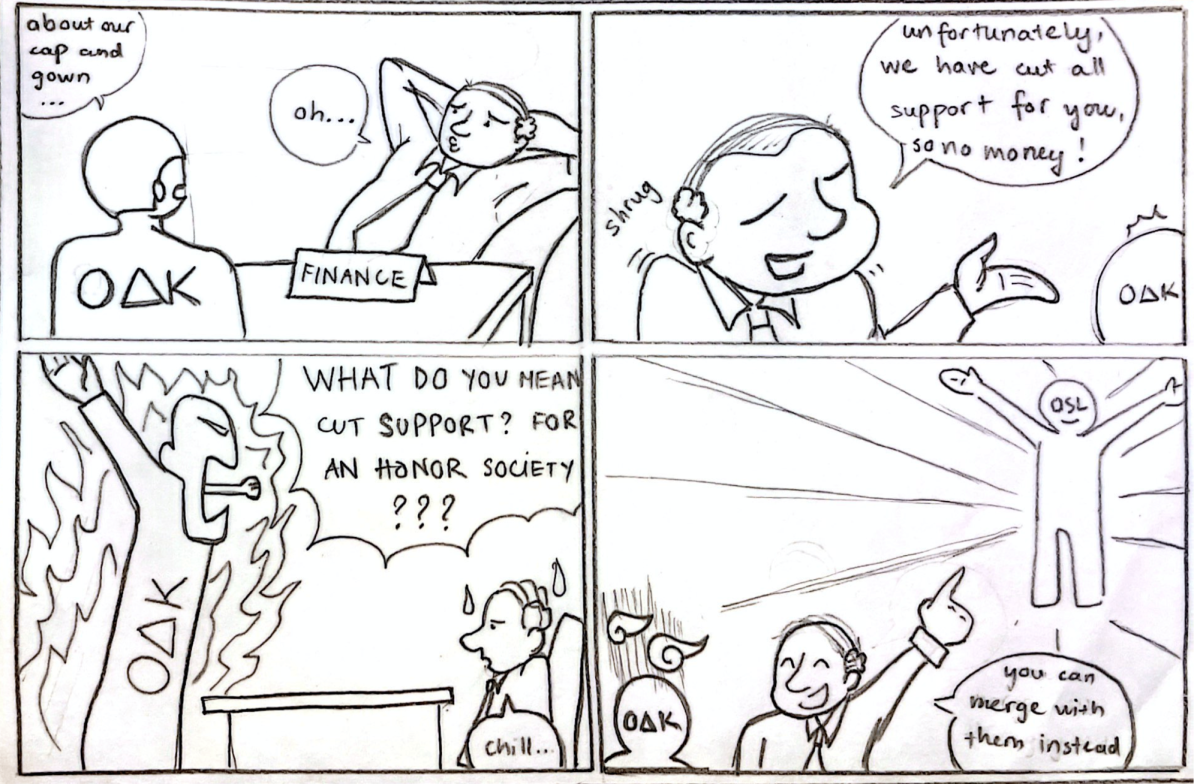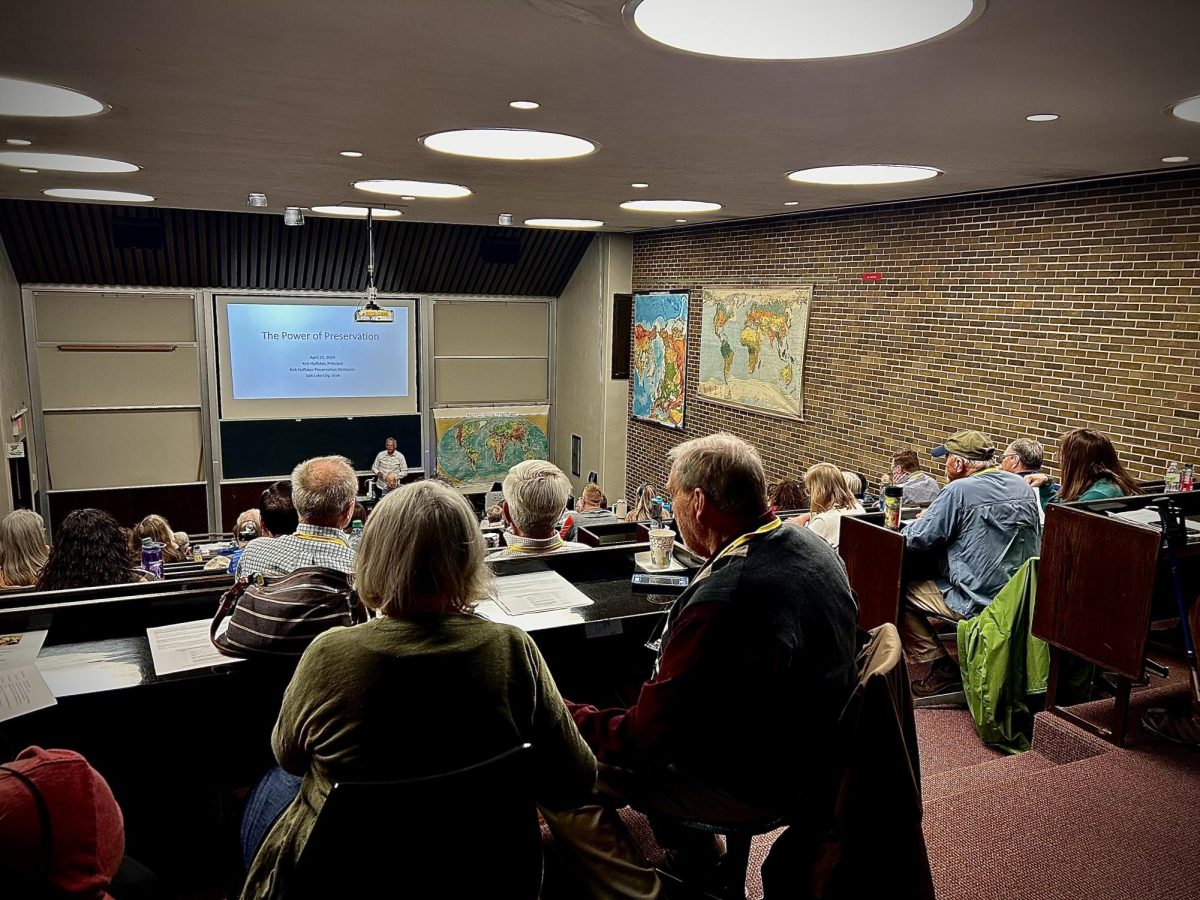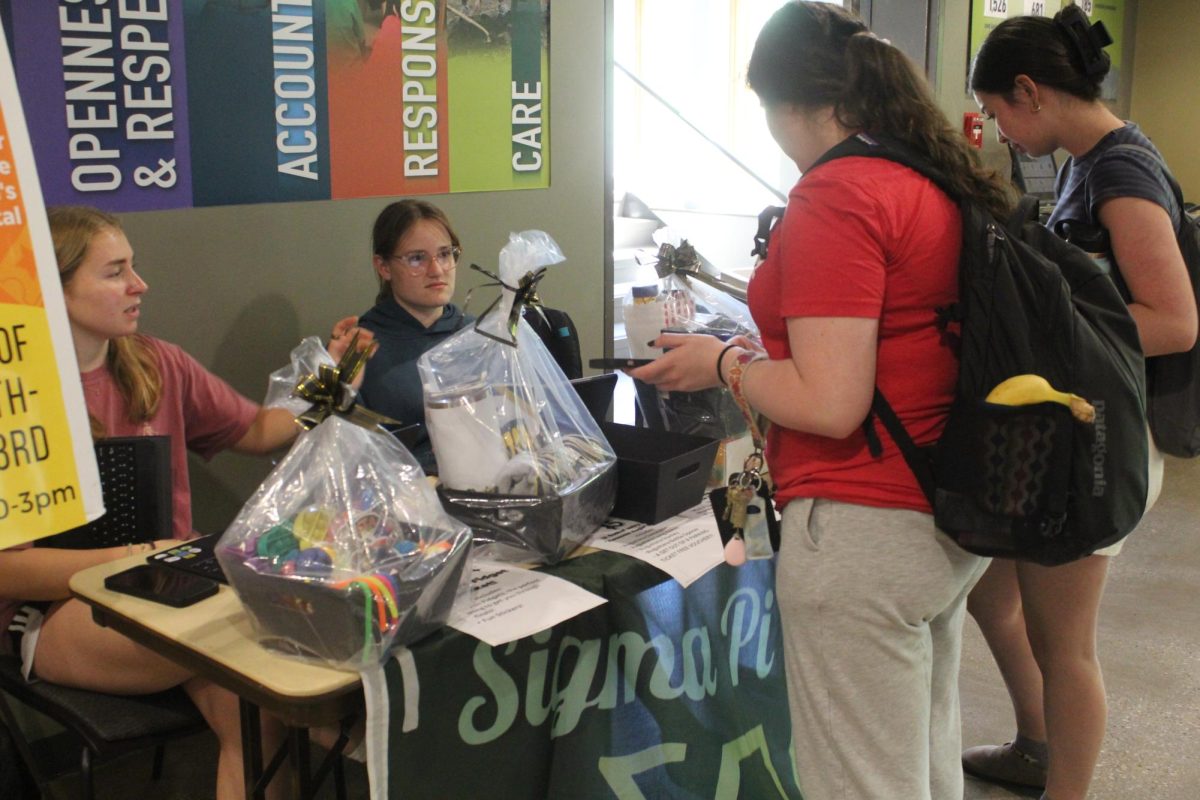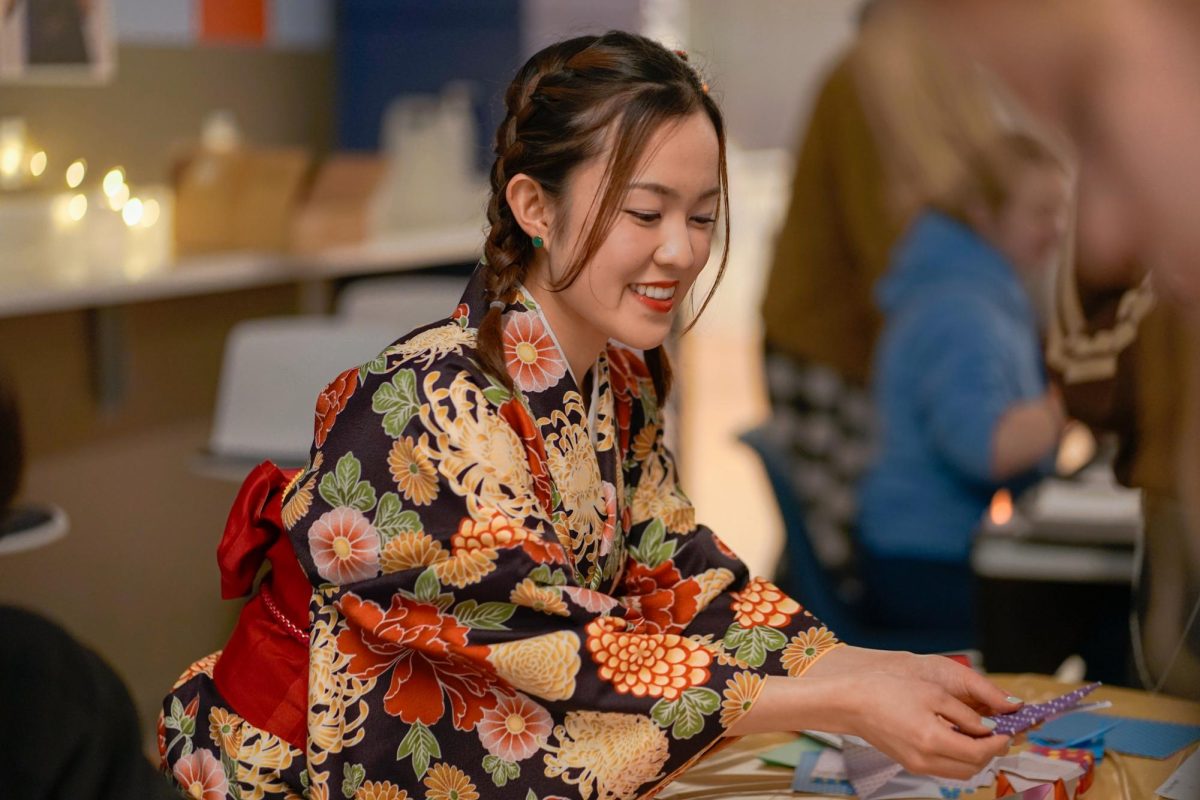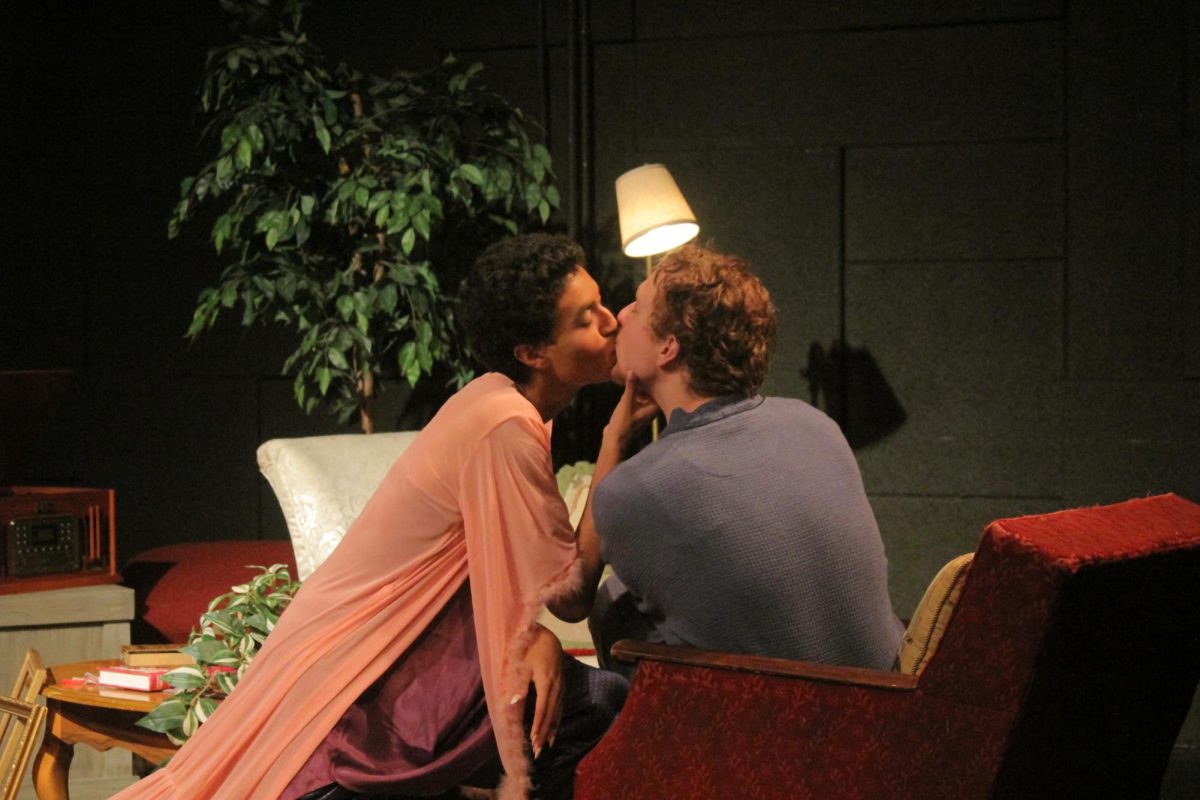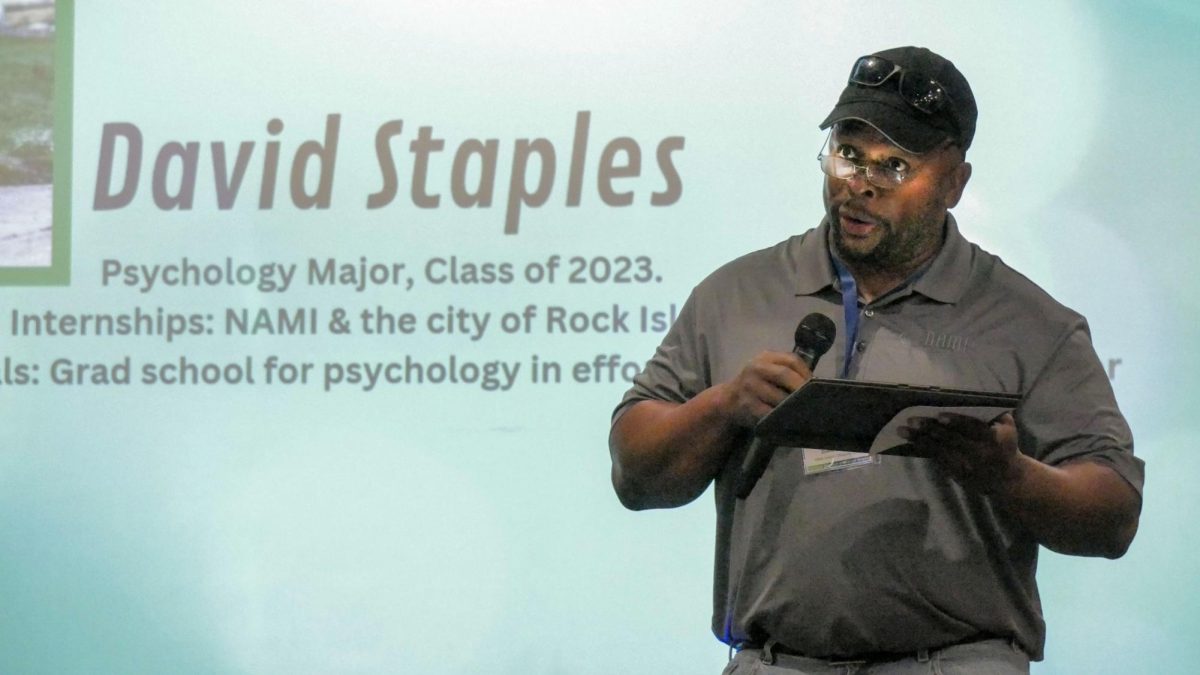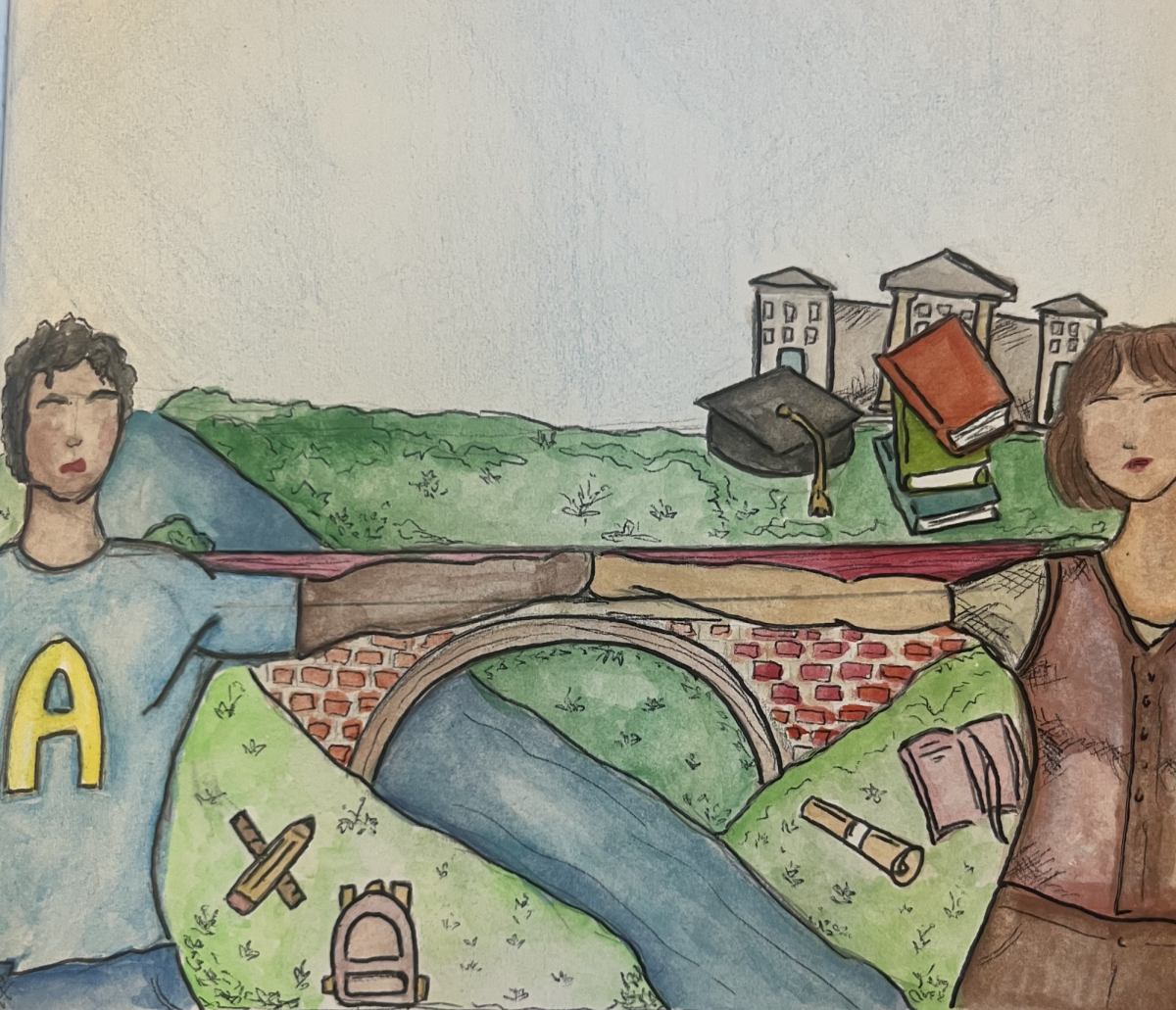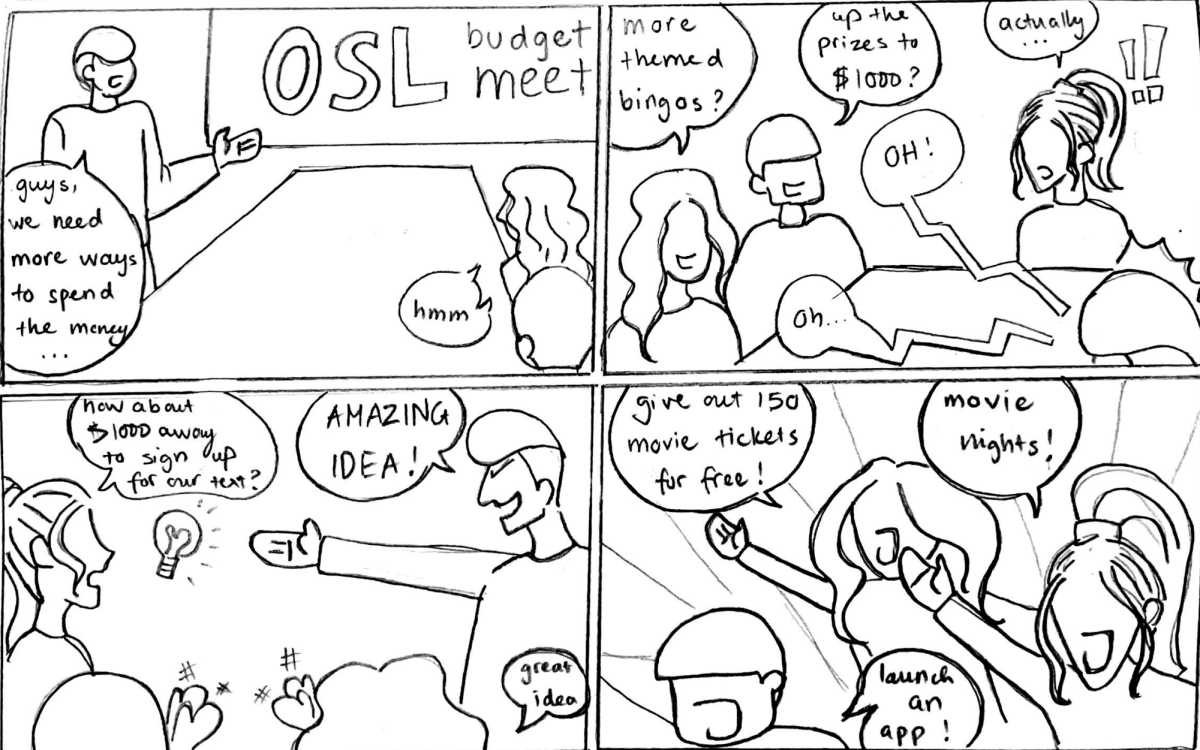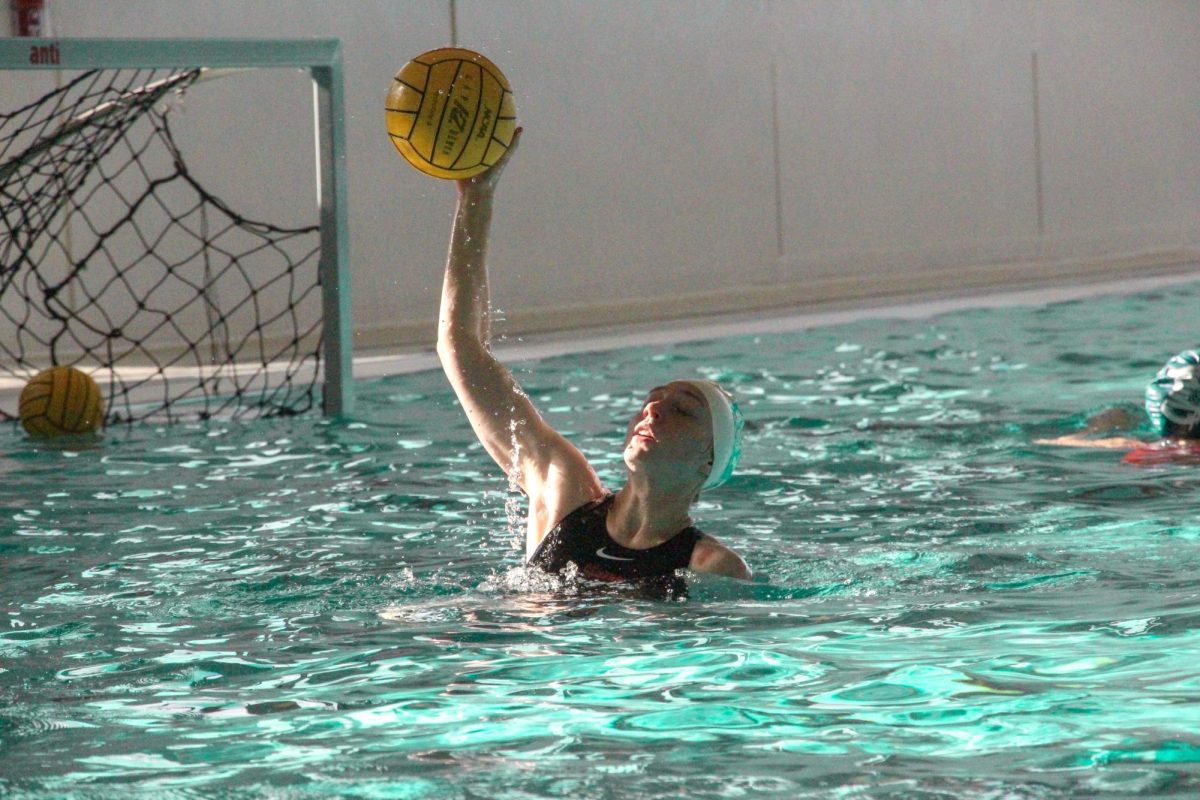This story is from the Observer’s Injustice and inequalities inside Augie magazine publication. Print March 2021.
Augustana students celebrate their differences through events created by the various culture groups on campus, such as the Black Student Union Back-to-School BBQ, the African Student Association AfroFest and the LatinX Unidos Día de Muertos event. However, there is a lack of attendance by non-people of color (POC) and people that don’t identify in the culture that hosts the event.
Emily Sibounheuang, president of the Asian Student Organization (ASO), said that their events have low non-POC attendance. The ASO is trying to improve attendance across the board by gaining a wider audience.
“In the past two years we have been trying to grow ASO’s social media presence to help us gain more traction to our events and meetings,” Sibounheuang said. “You don’t need to be a certain ethnicity to come to our events. We love seeing everyone come and learn about different Asian cultures and topics.”
Nick Teng, president of LatinX Unidos, is also trying to increase attendance at their events and meetings.
One way students are encouraged to attend cultural events is through Greek Life. Members of a Greek group are now required to go to at least one diversity event during the year.
“That increases attendance definitely,” Teng said. “But while it’s good that more people come, it’s in the back of our minds that people are there because it’s a requirement.”
Another way to encourage attendance is to provide an incentive for students to attend the events.
“When we have cultural food that draws people in a lot. The cuisines from the different cultures are really popular,” Teng said. “When there’s food at least you can say it’s a part of the cultural experience and more people are willing to come for that stuff.”
One of LatinX Unidos’ biggest events of the year is the Día de Muertos event. This year, the celebration was broken up into two sessions to keep the groups smaller due to COVID-19. The program began with a short presentation that explained what Día de Muertos was and the traditions behind it. After the presentation, a movie was shown, people were given the opportunity to decorate sugar skulls and at the end of the event, attendees took home traditional cultural foods.
Although the Día de Muertos event generally draws a bigger crowd than just those within the LatinX cultural group, getting people to come to events is a general challenge.
“I think it’s an issue of comfort, to be honest, and it’s totally understandable,” Teng said. “It’s a human thing. If you don’t feel part of a particular group, obviously you feel uncomfortable being there, [and] maybe you’re not comfortable going outside of your bubble.”
First-year Carina Martinez is in agreement with Teng regarding issues of comfort in attending cultural events in which you are not involved in.
“I have been hesitant to go, in the sense that I didn’t want to go alone. Not because of what it was but because I wanted someone to go with me,” Martinez said. “I think it’s definitely good to have a lot of different people from different cultures attend events because you get to see all the different perspectives.”
Martinez also said that it is important to go to the events for the right reasons.
“I think really just beforehand, learning about what the event means and what they’re planning to do is important. Not just show up for whatever reason, like you want some food, but actually know that some of the celebrations mean something,” Martinez said. “Of course the food always helps, but you have to make it so that as you’re eating the food you’re learning about it.”
Another possible reason for the low attendance at cultural events is that many people may be unaware that an event is going on. By improving messages and communication to the student body, more people may attend the cultural events.
Etta Brooks, president of the African Student Association (ASA), said that they do not have a specific strategy to improve communication with students, but that they post the information regarding the events for everyone to see.
“We’ll post something about [an event] on the Augie school calendar and everyone is invited,” Brooks said. “We also send out emails and those just go to campus emails and not everyone reads those. Another thing we do is the posters. We’ll put that up and share it around campus.”
LatinX Unidos is focused on improving communication through social media in order to increase attendance and to make other students feel welcome.
“We’ve definitely done more outreach, I think showing that you’re a group open for everybody, that’s very important,” Teng said. “We’re trying to get our name out there, so that it’s a common name when you hear LU you know LatinX Unidos. Doesn’t matter if you’re in the group or not. We’re trying to market ourselves a little more and hope that will change some of the impact.”
Brooks is involved in a research study about international and domestic student interaction and the impact that it has on international students.
“One of my recommendations in my research was to encourage domestic students to participate in cultural groups. People may recommend that the solution is for international students to try to make friends with the domestic students. I also think that domestic students can put in that effort and go to cultural groups,” Brooks said.
COVID-19 may have made attending culture groups meetings more accessible to students of various cultures.
“We haven’t been meeting in person so that makes it a little bit easier for some of our members to just pop in online. So we’ve seen very good attendance online and actually a lot more non-POC too,” Teng said. “There’s a little more anonymity in it, you can have your camera off if you don’t feel comfortable right away and you can just kind of listen in and observe.”
The main challenge for cultural groups on campus seems to be getting the word out about the events and engaging people of different cultures. Overall, however, Teng said it is important to be open to trying new things and experiencing something out of your comfort zone.
“The world, whether people like it or not is going to become more diverse, so coming to fun events like this where we can share food and do it in a nice and fun way shows someone something new, is a good gateway to spark some interest in a culture,” Teng said.
Photo Above: Sophomores Lilia Rangel and Diego Andon were of many participants that decorated sugar skulls with food coloring. Photo by Bri Berndt.

